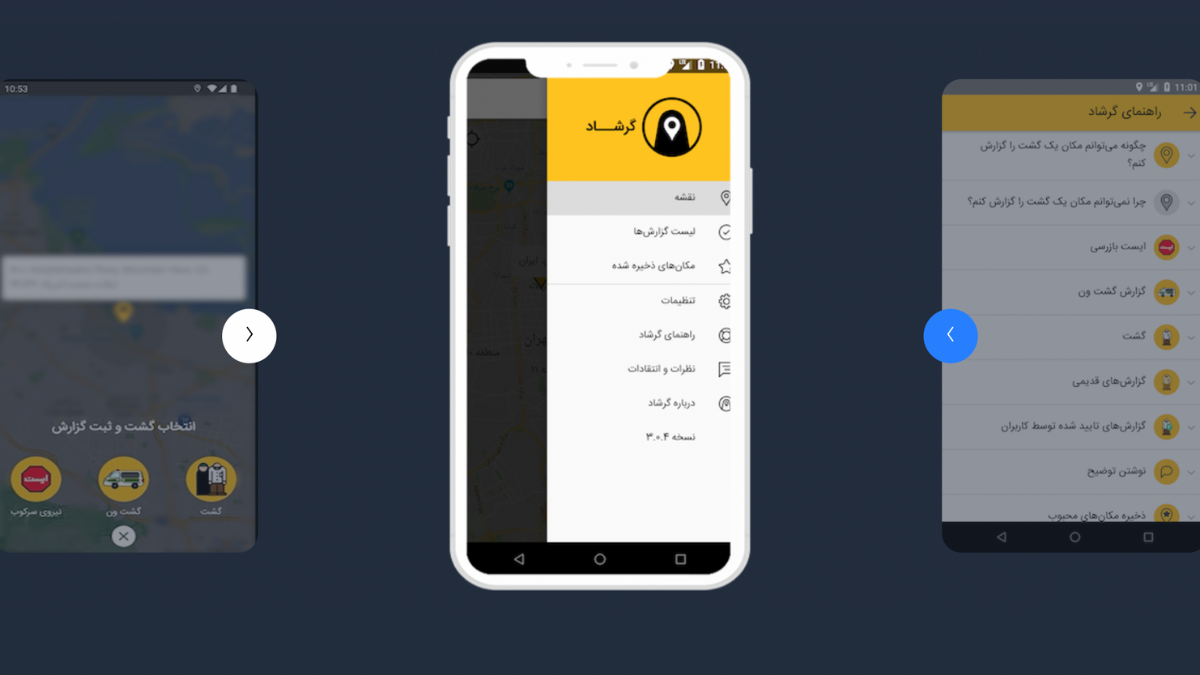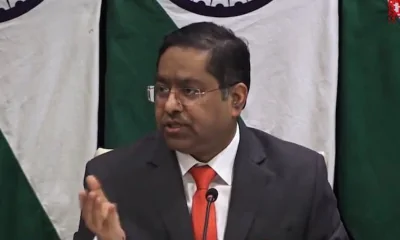Women in Iran have been unable to access basic services as the regime cracks down on protesters, girls, and women going about their daily lives without the hijab – considered mandatory by the country’s strict dress code.
The gesture now carries a significant risk. Therefore, scores of women are currently relying on Gershad, a mobile phone app allowing users to mark morality police locations on a map and inform other women where they could get stopped and checked.
Iranian activists came together in 2016 to set up the app. Following the deadly demonstrations last autumn – triggered by the mysterious death of Mahsa Amini in police custody – the app has also started showing the location of security forces attacking protesters.
The intense crackdown on angry demonstrators has killed at least 500 people, according to human rights groups. The app was immediately banned upon its release, with users taking the help of expensive VPNs to utilise the application.
Government Changing Its Tactics, Using Civilians To Do Its Work
When Elnaz still lived in Iran, she was once apprehended in a park by the morality police, who said her six-year-old daughter should be wearing a hijab. “I love Iran … But I don’t want my daughter to grow up in that country,” she told The National from Canada.
It isn’t possible to have a relationship there, Elnaz highlighted, adding “If you walk with a boy and the morality police see you, you will go to prison.” Numerous reports suggest those arrested by the morality police have been tortured and even killed.
ALSO READ: Iran Forges Ahead With Nuclear Ambitions Amid U.S. Sanctions and Domestic Uprising
Since the update, users can now report the location of morality police as well as of security forces cracking down on protesters. Some people have come forward sharing their motivation to defy authorities, who are known to order women to wear loose clothing in public.
Gershad staff recently shed light on the new tactics the government has been using to enforce the strict dress code. They say authorities are now using civilians who support the controversial rules to report women on the street.






















